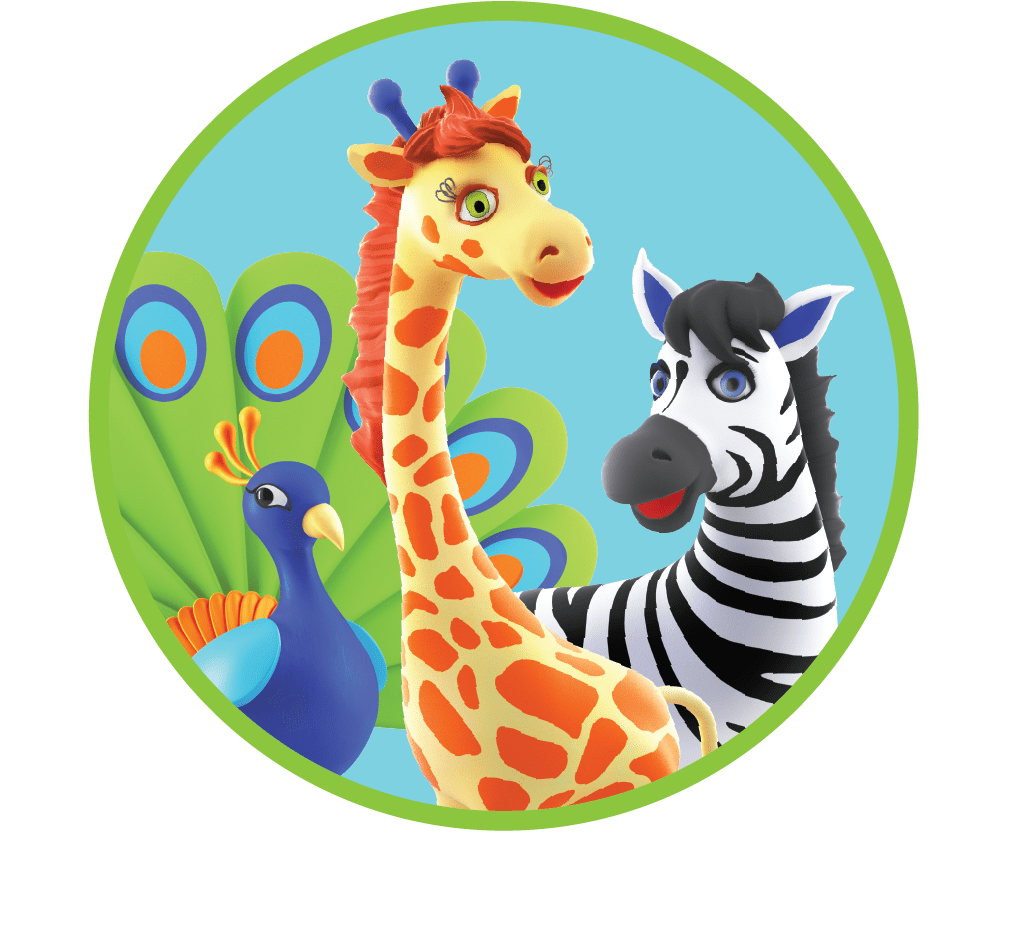Warmer weather is eagerly anticipated by children who look forward to outdoor activities and endless play. However, for children living with asthma and allergies, seasonal changes can bring challenges. At Children’s Medical Group, we understand these difficulties and provide families with strategies to help manage these conditions proactively, ensuring that your child enjoys a healthy, active summer.
Understanding Seasonal Triggers
Spring and summer months often mean increased pollen counts, higher temperatures, humidity fluctuations, and greater exposure to outdoor allergens—all factors potentially triggering asthma symptoms and allergic reactions. Common allergens include pollen from trees, grasses, and weeds, mold spores, dust, and insect stings. Understanding and identifying your child’s specific triggers are essential steps in effective management.

Asthma Management Strategies
For children with asthma, warmer months can exacerbate symptoms like coughing, wheezing, and shortness of breath. Developing a thorough asthma management plan with your pediatrician is critical. Ensure your child consistently follows prescribed medication routines, including preventive inhalers or allergy medications. Regular use of preventive medicines can significantly reduce the severity and frequency of asthma episodes.
Encourage your child to engage in physical activities safely by preparing adequately, such as performing proper warm-ups and cooldowns and having inhalers readily available. Monitor local air quality and pollen forecasts, planning outdoor activities during times when air quality is better, typically early mornings or later evenings.
Preventing and Reducing Allergy Symptoms
Minimizing exposure to known allergens is key to managing allergic reactions. Keep windows and doors closed during high pollen seasons and utilize air conditioning with clean filters. Regularly vacuum and dust your home to reduce indoor allergens, paying special attention to bedrooms and play areas.
Implementing practices like changing clothes after outdoor activities and bathing before bedtime helps remove pollen and allergens, providing relief and better sleep quality. Launder bedding regularly in hot water to eliminate dust mites, another common allergen.
Recognizing Symptoms Early
Early recognition of asthma and allergy symptoms allows for quicker intervention and relief. Common signs include persistent coughing, sneezing, runny nose, itchy eyes, difficulty breathing, or wheezing. Teaching your child to recognize and communicate their symptoms empowers them to take an active role in their health management.
Equip caregivers, teachers, and family members with clear instructions regarding symptom management and emergency response plans. Provide them with necessary medications and ensure they understand how to administer them correctly.
Importance of Hydration
Proper hydration supports overall respiratory health and can help thin mucus, easing breathing difficulties associated with allergies and asthma. Ensure your child drinks plenty of water throughout the day, especially during physical activities and hotter weather.
Emergency Preparedness
Having an asthma action plan in place is vital. This plan, developed with your pediatrician, outlines clearly defined steps to follow during an asthma attack or severe allergic reaction. Ensure that emergency medications, such as rescue inhalers or epinephrine injectors, are accessible and that your child, family members, and caregivers know how to use them.
Regular Check-ups and Medication Adjustments
Routine visits to your pediatrician or allergist are crucial to managing your child’s asthma and allergies effectively. Regular assessments can identify any necessary adjustments to medications or management strategies, ensuring the most effective control over symptoms.
Supportive Resources for Parents
Additional guidance can be found through reliable sources like:
- American Lung Association
- Asthma and Allergy Foundation of America
- Centers for Disease Control and Prevention – Asthma
Maintaining a Positive and Active Lifestyle
While managing asthma and allergies requires attention and care, children can still enjoy active, fulfilling summers. Encourage your child to participate in activities they love while ensuring precautions are followed. Promoting a positive attitude towards their condition helps build resilience and confidence, crucial for their emotional and mental health.
Effectively managing asthma and allergies during warmer months is achievable with the right knowledge, preparation, and medical support. At Children’s Medical Group, our pediatricians are dedicated to helping families create comprehensive care plans tailored to each child’s unique needs, ensuring a safe, enjoyable, and healthy summer season.


